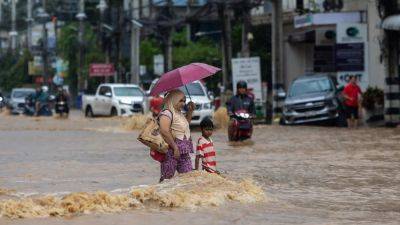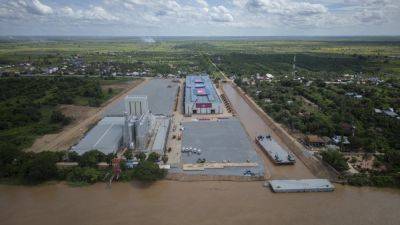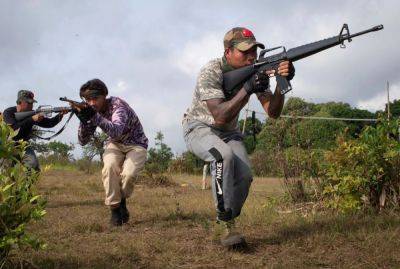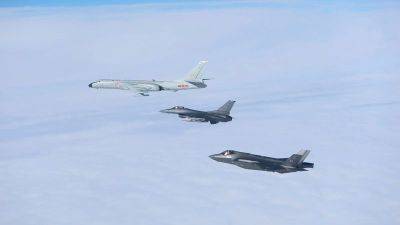Myanmar’s Military Asks Rebels to Stop Fighting and Join in Elections
For the first time in the three years since it staged a coup, the military in Myanmar has offered a major concession to the country’s opposition forces, calling on them to heal the nation’s rifts through “party politics” and prepare for the coming elections.
During the 8 p.m. news broadcast on Thursday, the junta proposed that armed resistance groups lay down their weapons, form political parties and participate in elections overseen by the military. Until now, the junta has consistently rebuffed calls from the international community to start talks with the resistance forces.
Thursday’s proposal echoed a similar one made by the former military leader, Than Shwe, just before the 2010 elections, the first time in two decades that people in Myanmar were allowed to vote. That signaled the military’s first effort to transition toward a semi-civilian government, though it failed to fully meet democratic standards.
Several commanders of the rebel forces and ethnic armies quickly rejected the offer, which came as resistance forces appeared close to capturing Mandalay, the country’s second-biggest city. That would be a major victory for them.
The opposition forces now control large areas along Myanmar’s borders and in the mountainous regions, while the military retains control over the major cities and lowlands in the central Irrawaddy Valley.
The military is widely detested in Myanmar and has struggled to keep a determined opposition at bay. It is fighting both well-trained ethnic armies on the borderlands, which have battled the army for decades, and also the People’s Defense Forces, made of up civilians who took up arms after the coup.







